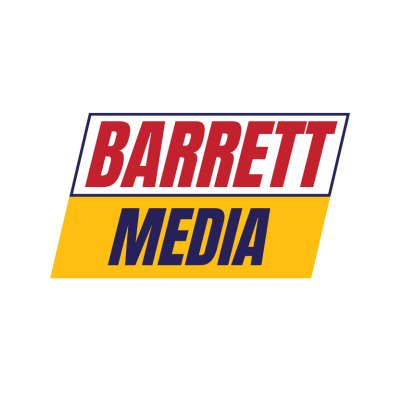Navigating the current political climate on both a personal and professional level is difficult. Anything from a Social Media post to a comment made at work can be a lightning rod.
When artists as huge as Taylor Swift insert themselves into the discussion, how does radio navigate the minefield between acknowledging what was said and not taking sides?
Barrett Media reached out to several top radio consultants to find out if they felt artists should be politically involved and, more importantly, how they advised clients to handle the situation.
Mike McVay of McVay Media: “Artists offering opinions and inserting themselves into the political arena is nothing new. There have been many artists over the years who have been vocal about their beliefs and politics. Never more so than in the late 60s and early 70s when the Vietnam War was in full swing. Hip Hop and R&B has had multiple artists over the years, and recently, whose opinions have been reflected in their music.
Country artists had strong opinions that they shared during the Afghan War. The reverberation around Taylor Swift making an endorsement is likely magnified because of who she is and the strength of the following she has supporting her. A lesser artist may activate the conclusion of a promising career. Taylor must feel confident that such an endorsement will do little to deter her most passionate fans … and she’d be right.”
John Lund of The Lund Consultants: “Whether an artist should or not is up to the artist and their brand. In a freedom-of-speech society, where the lyrics and song titles reveal the opinions and personal views of the songwriter and the artist, it’s their decision whether to reveal their political leanings to the public.
Media should treat any endorsement as a news story, neither positive nor negative. The coverage should depend on the artist’s appeal to the medium’s audience. In other words, a Classic Rock station may not cover the Taylor Swift endorsement as its appeal is to an older male, and Taylor Swift’s P1’s are women under 50. The same goes for a Top 40 station of Ted Nugent’s endorsement; they would not cover it because Ted Nugent appeals to males over 50.
There is no need for long-term coverage of an endorsement as the news cycle turns over rapidly. 90% of Taylor Shift’s lyrics are about her making poor choices.”
Gary Berkowitz of Berkowitz Broadcast Consulting: “There is no upside to getting involved with politics. I would just ignore it. It’s tough enough to get listeners these days. I don’t want to lose anybody due to politics.”
Joel Raab of Joel Raab Country Radio/Media Consulting: On artists making endorsements, “I believe this is up to them, totally. In some cases, it can damage careers, as taking sides may inevitably anger up to 50% of their audience. As Americans, we should be able to express our point of view if we want to and not fear for our lives from crazy people who disagree. But be aware you could be alienating some of your audience.”
For Radio:
“Be careful on social media, as jocks posting their point of view there can also alienate listeners.
I don’t see stations in my format (Country) reposting political endorsements. There is, however, a way to enter the political discourse without offending many, if any. When Mike and Amy were on the Wolf in Portland Oregon, Mike Chase was able to find humor by doing impressions of George Bush, and later Trump, without taking sides. That takes a real talent, and if you can pull that off, it’s a win-win.
Regarding Taylor Swift, this endorsement was news, whether you agreed with it or not, so it was hard to ignore. The trick is being relevant on the air without being offensive or minimally offensive. Sometimes, reporting the fact covers you when you don’t opine afterward.”
Buzz Knight of Buzz Knight Media: “Artists endorsing political candidates is a conundrum, to say the least, on the national stage. For some artists, it’s a no-win and has distinct challenges to their future success or failure. It becomes a business decision for them as well as a moral decision.
For others like Taylor, since she has “superpowers “ that have not been seen in our lifetime, this is likely a non-factor, although history will define this. I think a music station has to stay neutral, out of the political fray, and more focused on promoting “get out to vote” as its main messaging.”




